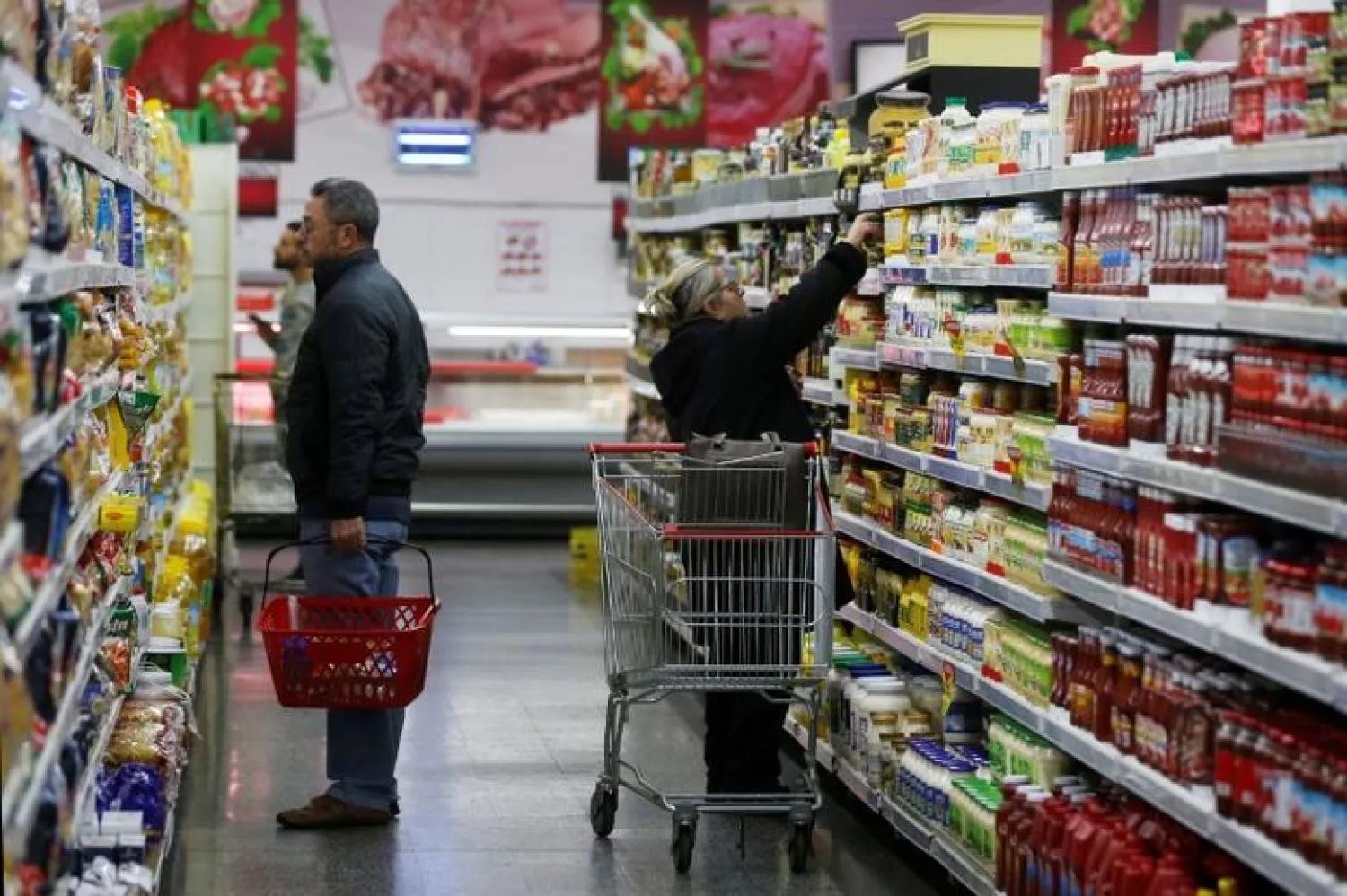Food prices in Lebanon are rising on a daily basis as a result of the constant change of the dollar exchange rate.
Prices of foodstuffs have risen by 72 percent since May, said the head of the Consumer Protection Association, Zuhair Berro, but added that the last two weeks have registered an increase by 100 percent.
In remarks to Asharq Al-Awsat, he said: “The rise in prices was evident despite the presence of a food basket subsidized by the Ministry of Economy,” noting that low prices were observed only in Egyptian rice and sugar.
A number of owners of small grocery stores, who were interviewed by Asharq Al-Awsat, confirmed that the subsidized products were not provided to merchants or were available only in very small quantities.
The reason for the rise in prices is due to two main factors, said the head of the food importers union, Hani Bohsali.
“The first is the presence of goods on the market that were imported before the subsidy decision, and therefore are sold on the basis of the daily exchange rate and change continuously. The second is linked to the quantities of products imported on the basis of subsidies that are not sufficient for the market’s need,” he explained.
Bohsali noted that many importers “did not submit import orders because of the very difficult conditions, including the need to pay the price of the goods to the supplier company, and then placing a guarantee in the bank with the value of these goods in Lebanese pounds.”
He said, however, that basic foodstuffs would “remain available on the market”, ruling out the stopping of imports “as long as the dollar is accessible.”
“The quantity of imports, especially for non-essential foodstuffs, has decreased significantly in the recent period. This is due to two reasons: the dollar shortage and the decline in purchasing power, as many traders stopped importing non-essential food items because their prices has become very high with the rise of the dollar,” Bohsali underlined.









